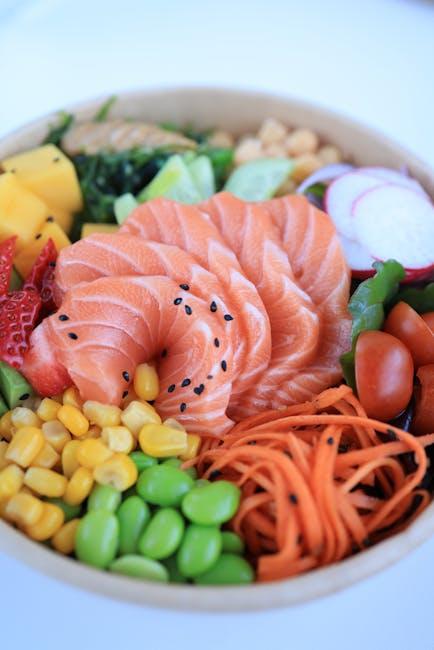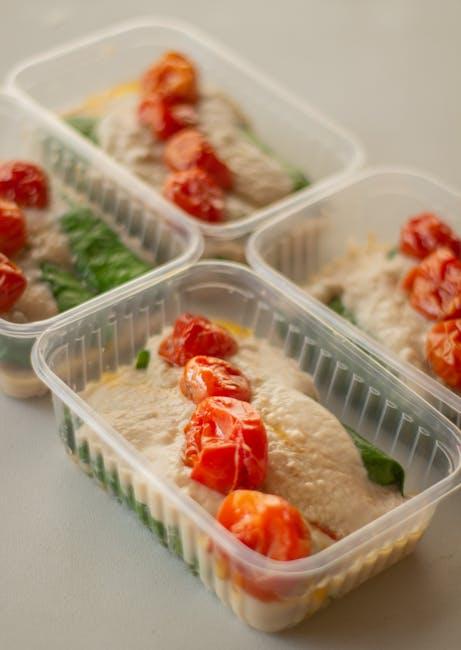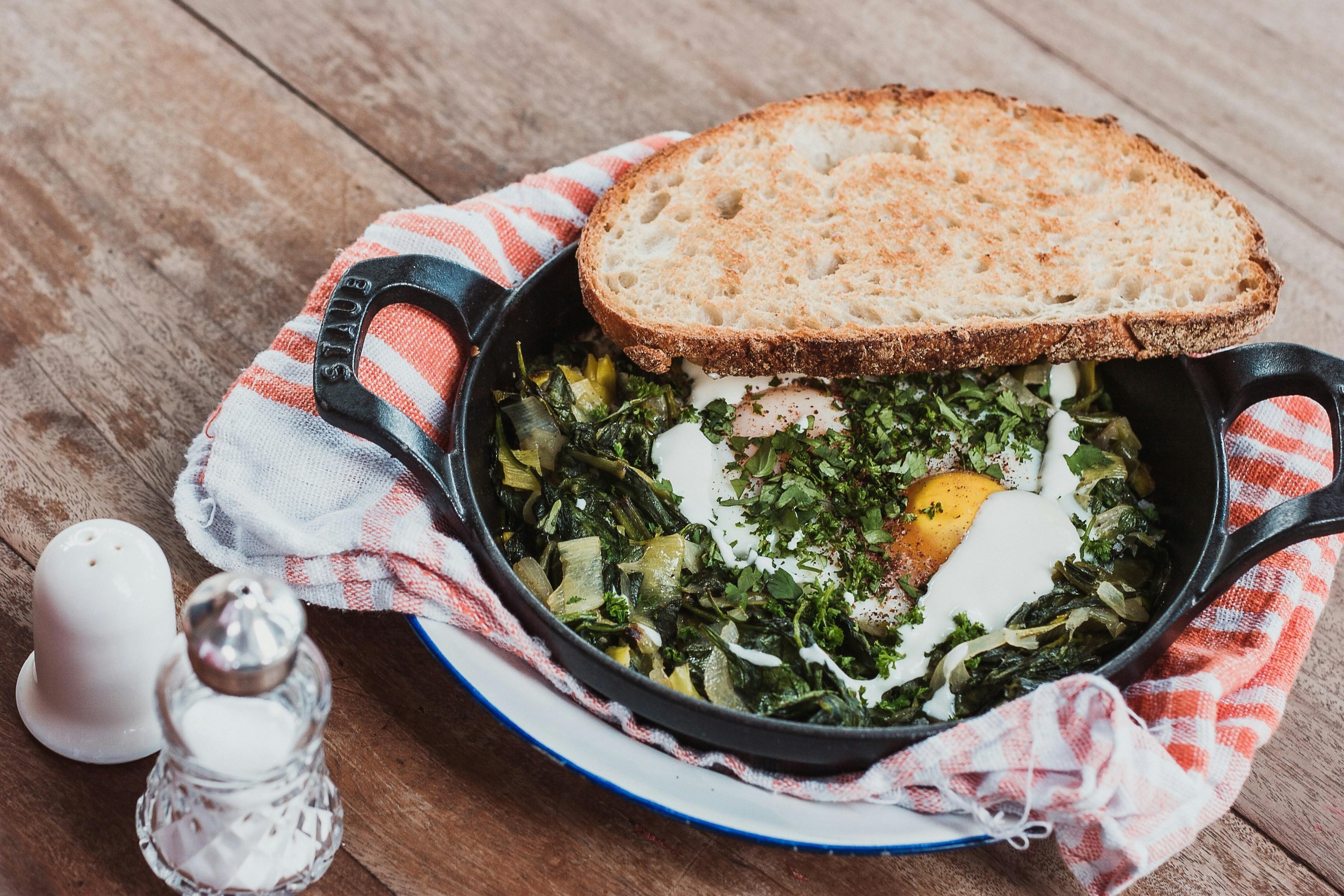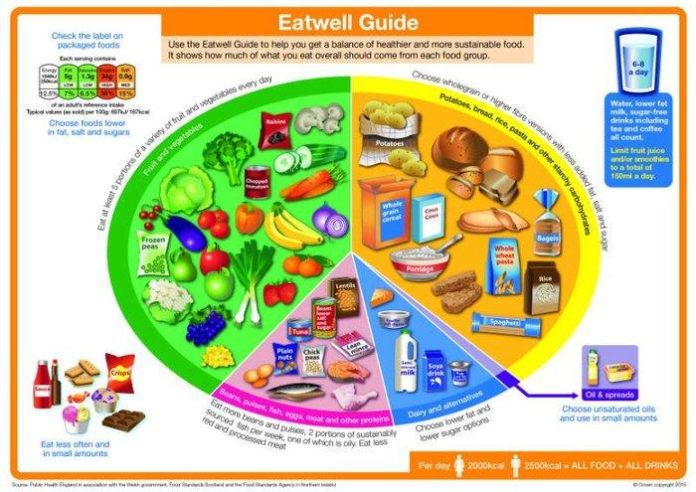In the bustling tapestry of modern life, where the clamor of commitments often drowns out the whispers of well-being, finding the perfect balance between nutrition and fitness can feel like a daunting puzzle. Yet, within this intricate dance lies the key to unlocking a vibrant, energetic lifestyle that fuels both body and soul. Imagine a world where every meal is a step towards strength, every bite a nod to vitality. This article invites you on a journey to discover practical tips for crafting a balanced diet that not only supports but elevates your fitness aspirations. Whether you’re a seasoned athlete or just beginning your wellness journey, these insights aim to harmonize the art of eating with the science of strength, ensuring that your path to fitness is both nourishing and sustainable. Nutrient-Dense Choices“>
Nutrient-Dense Choices“>
Fuel Your Workouts with Nutrient-Dense Choices
Choosing the right foods can significantly enhance your performance and recovery. Incorporating nutrient-dense options into your diet ensures you get the essential vitamins, minerals, and energy to power through even the toughest workouts. Here are some key foods to consider:
- Whole Grains: Opt for brown rice, quinoa, or oats for a steady release of energy.
- Lean Proteins: Include chicken, fish, or plant-based options like lentils and chickpeas to aid muscle repair.
- Healthy Fats: Avocados, nuts, and seeds provide long-lasting energy and support cell function.
- Fruits and Vegetables: Rich in antioxidants and fiber, these help in reducing inflammation and maintaining gut health.
Balancing your macronutrients while focusing on whole, unprocessed foods can lead to improved endurance and quicker recovery times. Remember, hydration is just as important, so pair your meals with plenty of water or electrolyte-rich drinks to stay fully fueled.
 Portion Control for Optimal Energy”>
Portion Control for Optimal Energy”>
Mastering Portion Control for Optimal Energy
Finding the right balance in your diet can significantly impact your energy levels and overall fitness. To achieve this, it’s crucial to focus on the size and frequency of your meals. Portion control is a powerful tool that helps you maintain steady energy throughout the day without overloading your digestive system. By understanding your body’s needs, you can tailor your meal sizes to support your activity levels. Here are some key strategies:
- Listen to your body: Pay attention to hunger and fullness cues. Eating when you’re slightly hungry and stopping when you’re satisfied can prevent overeating.
- Use smaller plates: This simple trick can help control portions by making smaller servings appear more substantial.
- Focus on nutrient density: Opt for foods that provide more nutrients per calorie, like fruits, vegetables, lean proteins, and whole grains, to keep you fueled longer.
- Mindful eating: Slow down and savor each bite, which can enhance your eating experience and prevent overconsumption.
Incorporating these practices into your daily routine can help you master portion control, ultimately leading to more consistent energy levels and better support for your fitness goals.
Hydration Hacks for Enhanced Performance
Maximizing your fitness results isn’t just about what you eat; it’s also about how well you hydrate. Proper hydration can be a game-changer, enhancing your endurance and overall performance. Here are some smart hydration hacks to keep you at your peak:
- Infuse Your Water: Add slices of lemon, cucumber, or mint leaves to your water for a refreshing twist that encourages you to drink more throughout the day.
- Set a Schedule: Use reminders on your phone to sip water regularly, especially during intense workouts or hot weather.
- Hydration-Boosting Foods: Incorporate water-rich foods like watermelon, oranges, and cucumbers into your diet for an extra hydration boost.
- Electrolyte Balance: Consider electrolyte-enhanced drinks post-exercise to replenish lost minerals and maintain fluid balance.
By integrating these hydration techniques, you can support your body in achieving optimal performance and recovery. Remember, staying hydrated is just as crucial as maintaining a balanced diet in your fitness journey.

Timing Your Meals to Maximize Fitness Gains
Achieving optimal fitness gains isn’t just about what you eat, but also when you eat. Timing your meals strategically can significantly enhance your workout results. Consider incorporating these practices into your routine:
- Pre-Workout Fuel: Consume a light meal or snack rich in carbohydrates and protein about 30 minutes to 2 hours before exercising. This provides your muscles with the energy they need to perform at their best.
- Post-Workout Recovery: Within 30 minutes to an hour after your workout, refuel with a meal that includes a good balance of protein and carbohydrates to aid muscle recovery and replenish glycogen stores.
- Regular Meal Intervals: Aim to eat every 3 to 4 hours throughout the day. This helps maintain stable energy levels and supports metabolism, preventing dips that can lead to fatigue.
- Hydration: Don’t forget to hydrate! Water is essential before, during, and after workouts to keep your body functioning optimally.
By aligning your meal schedule with your workout routine, you can ensure that your body has the nutrients it needs at the right times, enhancing both performance and recovery.
Final Thoughts
As we wrap up our exploration of crafting a balanced diet that fuels your fitness journey, remember that the path to health is not a sprint, but a marathon of mindful choices. Each bite is an opportunity to nourish not just your body, but your ambitions and well-being. By embracing variety, savoring the richness of whole foods, and listening to your body’s needs, you create a symphony of sustenance that harmonizes with your active lifestyle. Let these tips be the stepping stones to a culinary adventure that supports your strength and vitality. Here’s to a diet that doesn’t just sustain you, but empowers every step, lift, and stride on your fitness quest. Bon appétit to a healthier, fitter you!


































